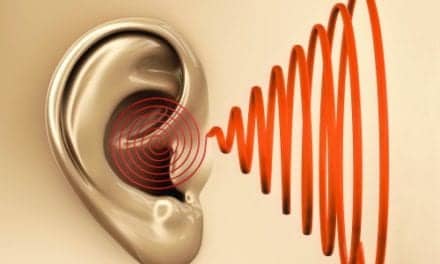A study of 4 million people found a correlation between high levels of traffic noise and increased risk of tinnitus
A research study composed of data from over 4 million people found an association between high levels of traffic noise and an increased risk of developing tinnitus. The study, published in Environmental Health Prospectives, is the first study to find a link between residential traffic noise exposure and hearing-related outcomes.
The nationwide cohort study included 4.1 million Danish residents aged >30 years. Of the total study population, 40,692 had been diagnosed with tinnitus. The researchers modeled noise from road traffic and railways at the most and least exposed areas of all Danish addresses between the years of 1990 and 2017. Along with collecting information on individual- and area-level socioeconomic covariates, the researchers calculated 1-,5-, and 10-year time-weighted mean noise exposure. With this information, they employed Cox proportional hazards models to determine if a correlation existed.
“In our data,” Manuella Lech Cantuaria, PhD, of the Department of Clinical Research at University of Southern Denmark and lead author of the study remarked in a press release, “we have found more than 40,000 cases of tinnitus and can see that for every ten decibels more noise in people’s home, the risk of developing tinnitus increases by six percent.”
The researchers found a positive correlation between exposure to road traffic noise and risk of tinnitus. However, the researchers noted no association between railway noise and tinnitus. Individuals with the highest risk estimates included “women, people without a hearing loss, people with high education and income, and those who had never been in a blue-collar job.”
Co-author of the study, Jesper Hvass Schmidt, PhD, stated: “There is a need for more focus on the importance of traffic noise for health. It is alarming that noise seems to increase the risk of tinnitus, cardiovascular diseases and dementia, among other diseases.”
While the authors note that there are things individuals can do to reduce traffic noise in their homes, such as sleeping in a room that does not face the road, or installing soundproof windows, they also note that these may not be possibilities for everyone. “It is therefore necessary that traffic noise is considered a health risk that must be taken into account in urban planning and political decisions.”
Source: Docwire News
Images: Photo 92339535 © Nicoleta Ionescu | Dreamstime.com





